Stay Woke.
You may have seen the T-shirt. You may have read the phrase on social media. Those two simple words, a play on “stay awake,” have become a rallying cry for the reawakening civil rights movement that’s swept the country again since the deaths last week of two more African-American men at the hands of law-enforcement officers and the subsequent attack that killed five Dallas police officers.
Memphis got its wake-up call last Sunday night. It began with a small protest at the National Civil Rights Museum, then transitioned into a larger crowd that had gathered in the plaza area in front of FedExForum. Organized via social media by local minister DeVante Hill, the group was joined by members of Black Lives Matter and other groups and individuals, including a few tourists and Beale Street patrons who got caught up in the spirit of things.
The rally evolved into a protest march, and eventually more than 1,000 people headed north through downtown Memphis toward the Hernando de Soto Bridge, where the group managed to block all traffic in both directions on Interstate 40 for several hours.
It was a situation that could have gone wrong in a number of ways, but it didn’t, instead ending peacefully five hours later, with no arrests made and little or no property damage reported.
Interim Police Director Mike Rallings had a possible career-altering night. Early on, he took off his protective vest and engaged with the crowd and speakers repeatedly, assuring them that he understood their frustration and that he — and the city — were open to starting a dialogue toward effecting change. MPD officers were the model of restraint and patience, and peace was maintained despite several potentially tense moments during the five-hour episode.
The question now becomes: Will the protest result in any real change? Or was it just a matter of the city and police artfully allowing people to let off steam before returning to business as usual. Will Memphis “stay woke”?
Monday morning, Mayor Jim Strickland and Rallings held a press conference to assure Memphians that change would happen, or at least that communication would happen, beginning with a meeting Monday at Greater Imani Church between the mayor, the police director, ministers, and members of Black Lives Matter.
When asked about whether there would be more tangible steps, Rallings said, “I’m here to hear the community, and then we’ll lay out the next, tangible steps.” Strickland said the meeting at Greater Imani would be one of many meetings to come with members of the community.
That first meeting turned out to be combative and chaotic, with some audience members demanding that Strickland hire Rallings as permanent police director immediately. Strickland declined to do so, saying he would allow the hiring process to play out as planned. Another community meeting was planned for July 21st.
Flyer writers reached out to city and county officials, movement leaders, protestors, and others to gauge their reactions to the events of recent days, and where they might lead. Their responses follow.
Memphis Mayor Jim Strickland: “Memphis set an example for the world — of who we are and how we stand at times like these.”
Strickland said he didn’t walk onto the Hernando de Soto Bridge Sunday, because Memphis Police Department (MPD) interim director Michael Rallings had asked him to stay away. Instead, he gathered his senior leadership team at Memphis City Hall and stayed in “constant communication” with MPD and other emergency management agencies.
“To those who protested last night — we hear you,” Strickland said during a news conference Monday, “and we want to continue to hear you.” He said he’d initiated a set of public meetings around Memphis to hear from the community, and he praised Memphis Police Department interim director Michael Rallings, noting, “I hope people see why I asked him to apply for the job.”
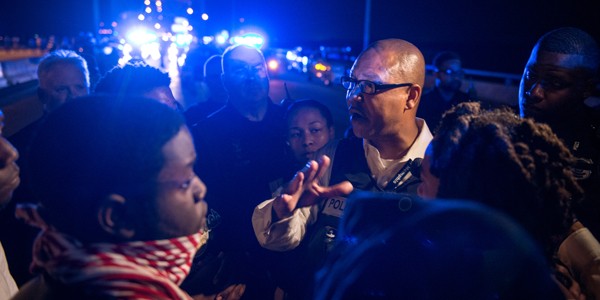 Brandon Dill
Brandon Dill
Michael Rallings with crowd
Memphis Police Department interim director Michael Rallings: “We have seen enough death; I’m sick of death,” Rallings said. “I don’t care where you’re from. I don’t care if you’re black or white, if you’re a Vice Lord, or a Crip, or a Gangster Disciple. We just have to bring about a change in this city. That’s what I’ve said from day one.
“Everybody has a place in and a part to play in this struggle, and it is indeed a struggle.” On Monday, Rallings called for 30 days of “no killing” in Memphis.
Rallings described the protest as “probably the most tense situation of my 26 years in law enforcement” and that keeping the protest peaceful and ensuring the protestors’ safety was like “juggling 500 hand grenades.”
“I don’t think God put me in that situation for this to end in violence. So, I invited those young people and said, ‘let’s have a forum, let’s lay out a plan’. We can all talk about each other and yell at each other. We can ball our fist and threaten to do bodily harm. We all know how to do that. We all learn how to do that as a child, as a baby. But I’m not a baby. I’m not going to throw a temper tantrum. I’m going to try to speak peace and calm to the city and to the situation.”
Shelby County Commission chairman Terry Roland: “I was glad to see that things ended peacefully, and I’m proud we didn’t have any violence. That’s a testament to our community. I have to hand it to our local black leaders, Pastor Norman, the police chief, and others. They did a lot to keep things from getting out of hand.
“I can understand the frustration of the marchers. Something that bothers me, though, is that a lot of those people weren’t even from Memphis. That, and they shouldn’t have blocked the roads, especially a federal highway.
“I think we just need to take a step back, take a breath. We need to quit elaborating on our differences and emphasize our similarities, show each other how much we mean to each other.”
Ninth District Congressman Steve Cohen: “Director Rallings was the star of the evening, the way he handled things. He showed a sure hand and understanding, as did many of the demonstrators. One of them, who was arm-in-arm with the director, was DeVante Hill, an intern in my office this summer. I was proud of him. The police have to use perseverance and restraint, and they did that quite well last night. We avoided injuries or other difficulties, and it ended peacefully.
“I’ve been calling for reforms and action on the justice front for decades. We need to look seriously at reviewing policies and priorities relating to arrests and incarceration, the rate of which has been disproportionate for African Americans and negative in its impact on their community. There’s a real need to move actively toward more community policing.”
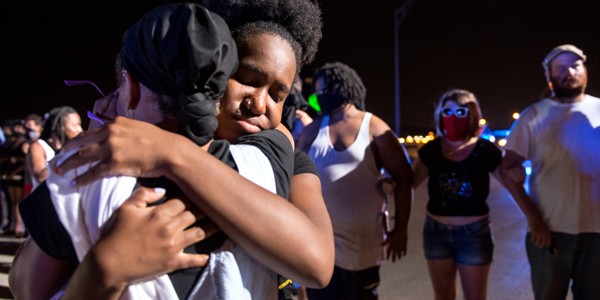 Brandon Dill
Brandon Dill
Shira Torrech, 19, protestor: “I found out about the protest on Facebook. I decided to go because I’m passionate about unity between all humans. When I got there, I saw hundreds of people gathering together — whites, blacks, Hispanics, Asians. I started choking up and had to wipe away a few tears. It was the most beautiful thing I had ever seen. I was in front of the police officers on I-40 the entire night. I got the chance to speak to the people of Memphis and even the police officers of Memphis. People were singing and crying together, and chanting as one. The protest was simply to allow our voices to be heard.
“The media is saying that people were acting like hoodlums because they were standing on an 18-wheeler, but in fact those people got permission to climb on top because the driver was in support of the protest. No one got hurt. No fights. We let some cars get by because of emergencies. It was the most peaceful protest.”
Shelby County Commissioner and longtime civil rights activist Walter Bailey: “I commend those participants who were committed and sensitive to the issue of overbearing acts by police throughout the country. I was ecstatic to see that kind of commitment from this younger generation, showing their discontent with prevailing conditions.
“As a lawyer, I’ve handled a number of shootings and other misconduct problems, but that march was more than just about the mishandling of black suspects by police officers. At its core, it was about the social fabric of racism and the frustration and discontent of those who want to struggle and see social change.
“One important matter is black-on-black crime. We have one of the highest homicide rates in the coutry. Concern about that is widespread, almost ubiquitous among blacks. I hope this demonstration will help start an effort by community leaders — business, corporate, religious, and governmental — to pay attention and to move forward and embrace all those various concerns. The first act, it seems to me, would be to put some sort of commission in place.”
Michael Pope, chairman of the Shelby County Democratic Party: “I’m just glad it turned out peacefully. Their point was well taken. It was good that Director Rallings made such a point of acknowledging their grievances.
We need to seize the moment, engage in this process by giving these young African Americans, Latinos, and others some input. They need to become active at election time. That would be a logical continuation of what they set in motion last night. If they want change, they need to be part of the voting process.”
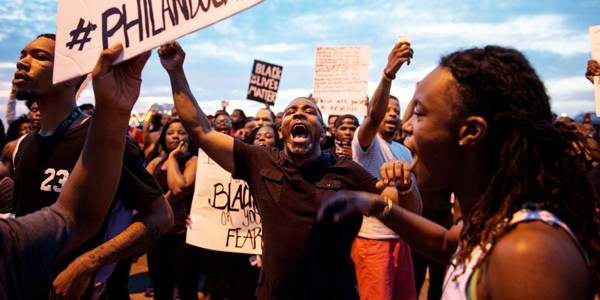 Brandon Dill
Brandon Dill
Executive Director of the Mid-South Peace and Justice Center Bradley Watkins: “The question not being asked: Why are we so accustomed to a punitive, force-driven law enforcement that Director Rallings’ actions took us so off guard? What happened [Sunday] night should be the norm, but it took us all by surprise. And it happened without the benefit of coordination between law enforcement and protesters. It happened without highly trained professional organizers.
“In Memphis, we kind of have a backwards mentality towards civil disobedience and nonviolent direct action, in spite of our history. We think peaceful protest can never be confrontational and to be peaceful there can never be disruption. The same people who go to the civil rights museum and praise Dr. King want to chastise these young people for doing exactly the types of things he would have done.
“These people came out [Sunday] because of the economy, because of jobs, because of public transit, and housing. They’re not being listened to. Their grievances aren’t being addressed. And so many things could be enacted right now with the stroke of a pen. We could initiate racial and cultural sensitivity training for officers. The Steven Askew case could be reopened. There are a number of transparency issues, and I’m just barely scratching the surface.
“When people doubt the tactics of nonviolent direct action, remember these protesters got a meeting with the mayor and the police director. Whatever positive thing comes forward, it’s because of their disruption. I am cautiously optimistic.”
Executive Director of Just City, Josh Spickler: “This isn’t a conversation that just started. It’s a conversation that has finally gotten attention. I’m very excited about police director Rallings’ actions. I think video of him stepping out in front of those officers with their batons and shields should be shown to all the new cadets at the police training academy. Because that’s exactly what it takes. If everyone policed the way he did last night, we wouldn’t need more officers — which Mayor Strickland is still calling for.
“His response was proportional. His response was based on relationships that he made very quickly. He de-escalated based on human contact and human connection. We should be very proud, as the mayor said. But we have to translate that kind of discretion into how we handle driving offenses, which largely criminalize poverty. And into how we manage minor drug offenses, which disproportionately criminalize African Americans.
“[The police could] say to the state of Tennessee, ‘We’re not going to be the frontline in your department of safety’s war on poor people. We’re not going to do it, because our courts are overrun, because we’re suspending way too many licenses, and people have to get around. You need to come up with a new system that can self-fund. Don’t count on us to write tickets.’ Dialogue is good, but it’s time to act. These folks are right. They are excluded from the economy. They are treated differently in the criminal justice system.”
State Senate Majority Leader Mark Norris: “I’m up here in Lexington, Kentucky, at the annual meeting of the Southern Leadership Conference. A lot of the people I’m here with, legislators from 15 Southern states, have first-hand knowedge of Memphis, and we all saw the Black Lives Matter protest on television together and on Facebook, as well. I think everybody paid attention to it. There were people here from Louisiana and Texas, which were trouble spots just last week. I might have gotten a better perspective here that I would have at home.
“My basic perspective is one of pride in how the situation was handled and at least temporarily resolved. There are many steps to be taken, though, a lot of work to be done. I serve on the Crime Commission with both mayors and others, Director Rallings, Sheriff Oldham, and others, and I have been talking a lot with [Pastor] Keith Norman about how to do things differently. Keith and I raised the subject at a recent meeting of Crime Commission. We need to shift our focus from crunching numbers to the issue of what must be done for the community, in the way of showing sensitivity.”
Marti Tippens Murphy, executive director of Facing History and Ourselves: “I was heartened by what looked to be a peaceful protest and an opening for a conversation and dialogue with civic leaders and the police director. I think that is part of what Facing History has had the ability to do, to convene people in the community who may be coming at things from very different points of view and providing common ground for solving problems.
“It seems like there is a real groundswell building. My hope is that if it is a watershed moment, we have the leadership in place to be able to move from awareness to conversations to action — to really think about what it means to create a more just and inclusive community.”
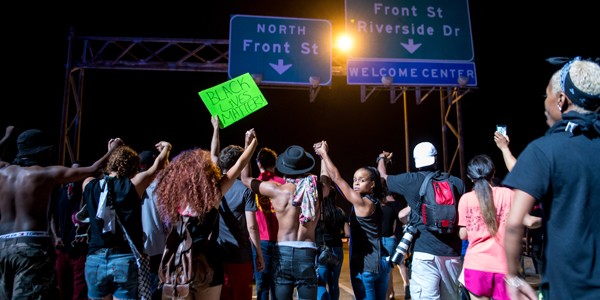 Brandon Dill
Brandon Dill
Angie Ash, coordinating committee member for Black Lives Matter: “It was amazing to have that turnout from the city [Sunday]. I’ve never seen this city so unified or a turnout like that. We support any organization protesting under the banner of Black Lives Matter or any work moving us toward black liberation. Getting the attention of city officials was a success, but it doesn’t end there.
“I wasn’t able to make it to Monday night’s meeting, but I heard things got heated and the mayor wasn’t speaking to anyone directly. So there’s still a lot of work to do, and we won’t stop protesting and holding them accountable. Inter-community violence could be solved if people had their basic needs met.”
Reporting by Bianca Phillips, Chris Davis, Toby Sells, Joshua Cannon, and Jackson Baker.
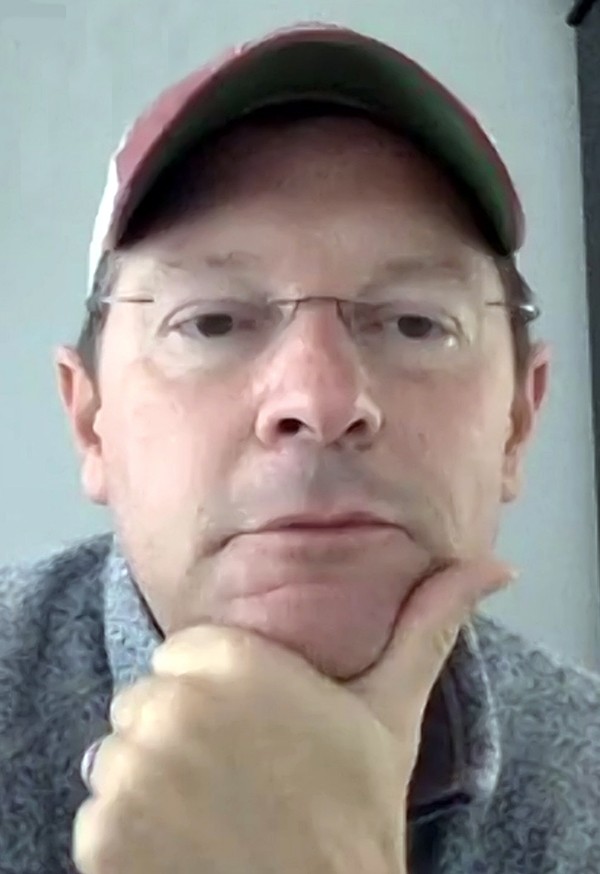 Jackson Baker
Jackson Baker 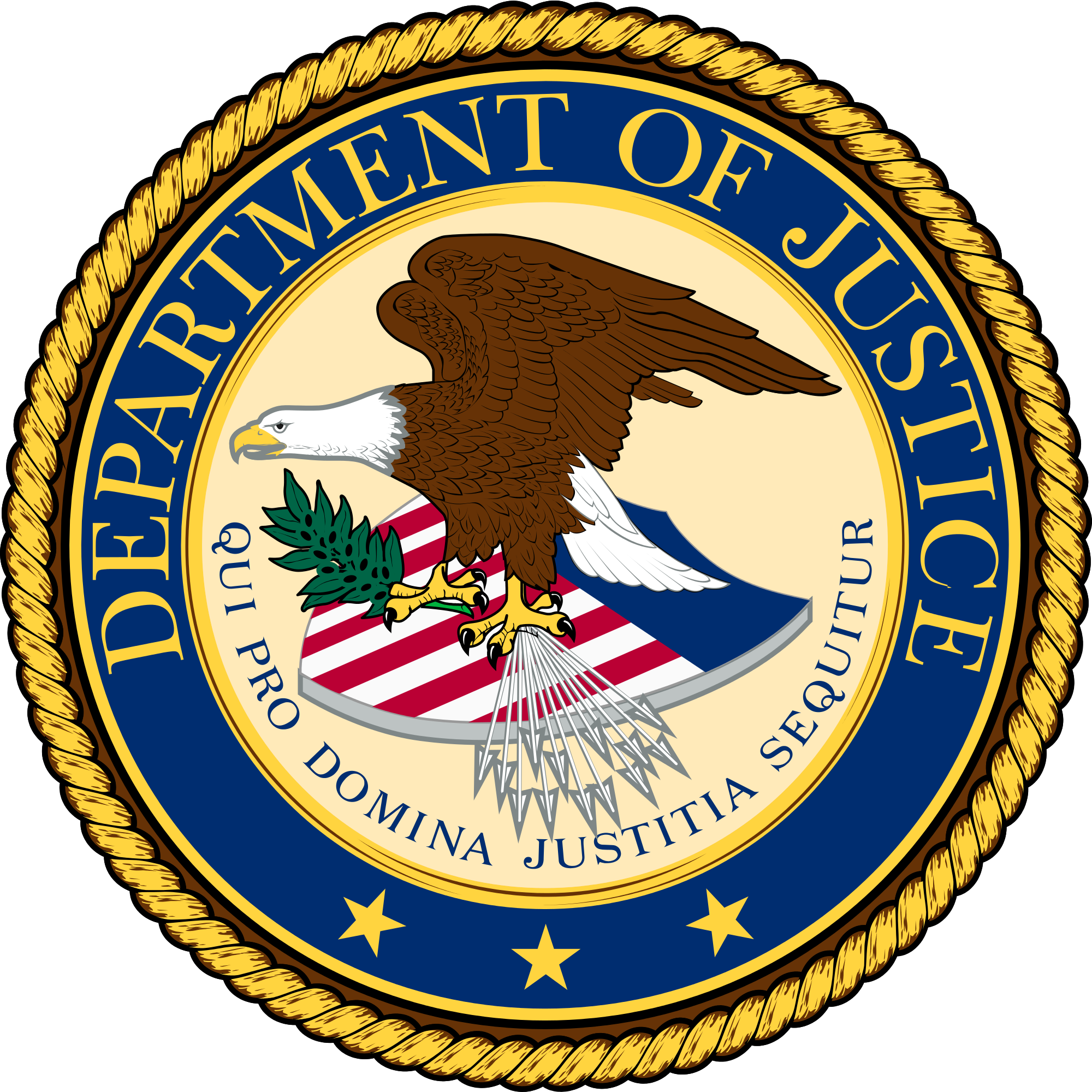
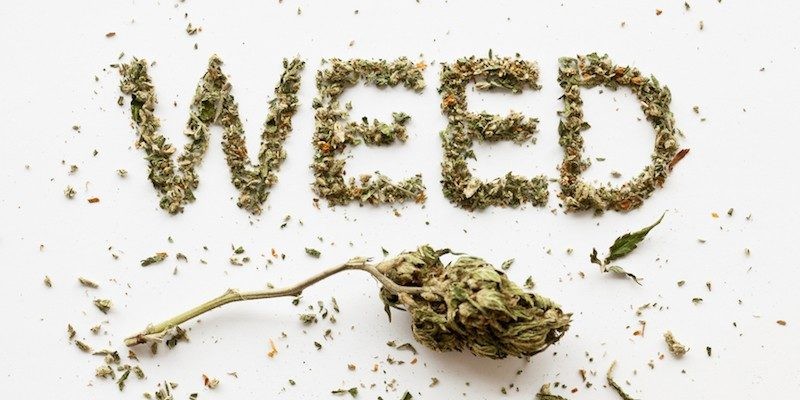
 Brandon Dill
Brandon Dill  Brandon Dill
Brandon Dill  Brandon Dill
Brandon Dill  Brandon Dill
Brandon Dill